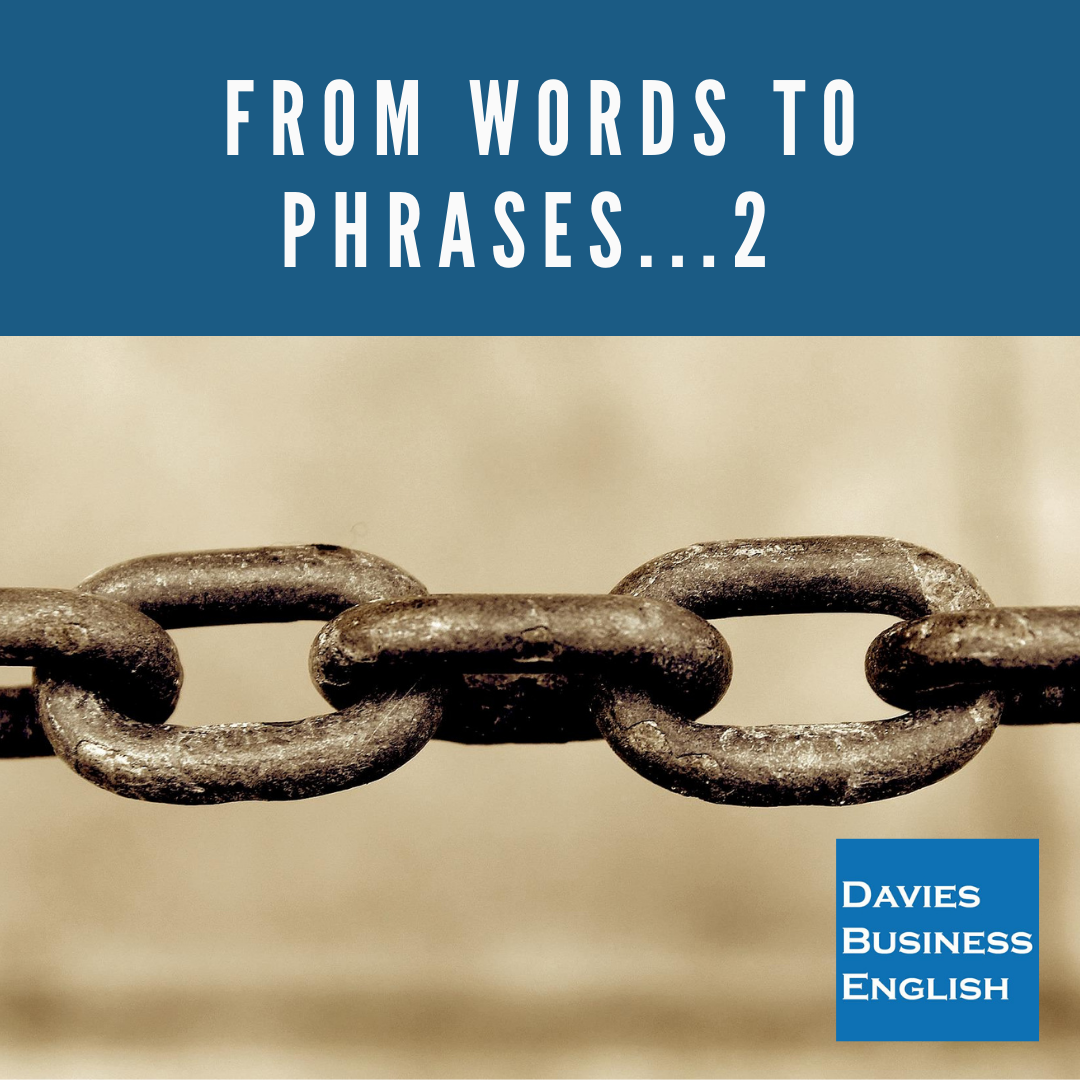Continuing from last week’s post on words that go together well, one of the areas of vocabulary that is often not very strong is the use of adjectives and adverbs. Firstly, let’s be clear what the difference is between the two as they are used in English. An adjective is used to modify (usually to describe) something or someone, whereas an adverb is used to modify (or give more information about) everything else - verbs, clauses, adjectives, other adverbs and adverbial phrases and give information about place, manner, time, circumstances, degree or cause.
Knowing this isn’t essential but it can help when choosing the right form. For example, ‘slow’ is an adjective and would describe something like a train - ‘We don’t want that train, that’s the slow train’. ‘Slowly’ is an adverb and might describe the way the train is moving - ‘Why is the train moving so slowly?’ A lot of adverbs end with the letters ‘ly’ so that is a pattern to look out for, but it’s not always the case, so it’s better to learn the phrases rather than just the individual words.
Here are some examples of adverbs and adjectives:
- In the future, the jobs people do will be dramatically different. ‘Different’ describes the jobs of the future so it is an adjective and ‘dramatically’ tells you how different they will be, so it is an adverb.
- He was very excited about his new job. ‘Excited’ describes his emotional state and is an adjective. ‘Very’ tells you how excited he was or his degree of excitement, if you prefer.
These kinds of words allow you to express yourself more completely (adverbs) and to communicate more effectively (adverbs) by giving or receiving more (adverb) detailed (adjective) information (you get the idea?). We also like to use several at the same time in order to emphasise the message.
- I’d like a drink. I’d like a long, cold, refreshing drink.
- I need a report on this. I need a detailed and accurate report on this, urgently!
If you are reading or listening in English, start noticing and making a note of these words that go together to make up more useful phrases so that your communication can become more complete, interesting, motivating, attractive or compelling, depending on your role, who you need to communicate with and for what purpose.
